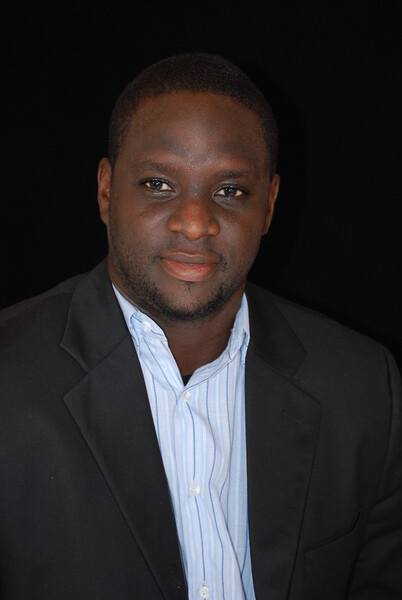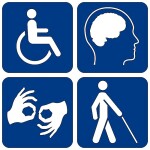Victor Ekwueme, a developer at fintech Chamsmobile, speaks with ER on urgent issues in Artificial Intelligence development and policies that impact his vision-impaired cluster and others in Nigeria's disability community.
Nigeria has no definite policy or specific direction now on AI. Except a draft not yet considered. What can you say about that?
It’s really concerning that we don’t have an AI policy for now. The fact of the matter is Nigeria is actually a consuming nation, especially when it comes to technology. We design technology for our space, but most mainstream software like screen readers, office document like Word, PowerPoint, and Excel— we still consume. So also AI—by Microsoft Open AI that produced Chatgpt. It’s imperative we have policies that cater to these advances. We just hope the AI policy draft Nigeria has out there will develop into something helpful in Nigerian space. A lot of ramifications have to be looked at: how it will affect our culture, lifestyles, health, education, and workplace. Weeks ago the British government invited Elon Musk and others to talk about how AI can help their society, and how to build policies around it. AI is evolving, so more guidelines will have to be coming up as the technology develops.
AI is already in effect in many areas despite the absence of a policy. But I think disability management hasn't benefitted in any significant way. Has it?
President Bola Tinubu has appointed Mohammed Issa as the senior special adviser on disabilities. That done, a lot will happen in that space. But AI has not helped disability management so much. Technology basically has been helping: screen-readers, wheelchairs, and others. I know of Image Maps developed in England for blind people. That’s technology, though. These are not necessarily built by AI but with some mathematical algorithms. There’s this technology Lionel Messi is pushing out: glasses that have camera’s attached to them for visually impaired people to read books, and go around their spaces. That’s what AI can do for people with disabilities. I know a lot more research can be done if we engage our universities so the PWDs will not be exempted from society. It could e expensive, though. Like a guide cane that is robotic..
Digital data collection, a traditional problem in Nigeria, is much worse when it comes to disability. How much negative impact can that have on AI and PWDs in Nigeria?
Data management is critical in our society today. It becomes more difficult when you exclude PWDs. But when you capture them during data collection, you have something to back up whatever policy you have for them. Unfortunately, this type of data points are overlooked at our data-capturing centres. So you see visually impaired people going to offices with no voice feedback to let them know what floor they are on. There rotating doors in banks that can allow one person standing up. No wheel chair users can go in there. When banks, government offices and others have these datasets, they can project and see how thy meet the needs of people with disabilities.
What negative effects have you seen this having on critical areas like banking, health, and education?
Without data, you can’t do much. Look at our education: there are things some PWDs can’t do. Blind candidates writing JAMB need somebody to tick their answers for them. I learnt they are encouraged not to go into mathematical programmes. If there is enough data to plan with, STEM programmes can be designed for these candidates to encourage them to use their creative minds. But now we encourage PWDs to go into fields of study where they can only write. Look at the health sector: If a national electronic database is available, people from Sokoto who find themselves in Abuja can have adequate medical attention without their doctors. The new doctor can pull out the patients’ record electronically, and see their medical history.
Elon Musk recently said AI will soon take over jobs on earth. Humans won't have to work again. Performance matters to the personalities of PWDS. If Musk is right, how will life look for PWDs whose self-worth depends on working?
Human beings fanned the kings and queens before the fan came. After then, new jobs emerged—electricians. Then we had the electronic industry and all that. I believe we are human. So working is a big aspect of our lives. But social interaction is also a big factor for us as PWDs. As robots take over, our social inclusion will reach a level that will make us happier humans. There will be more camaraderie among us. But I doubt the world will ever reach that level Musk was talking about.







